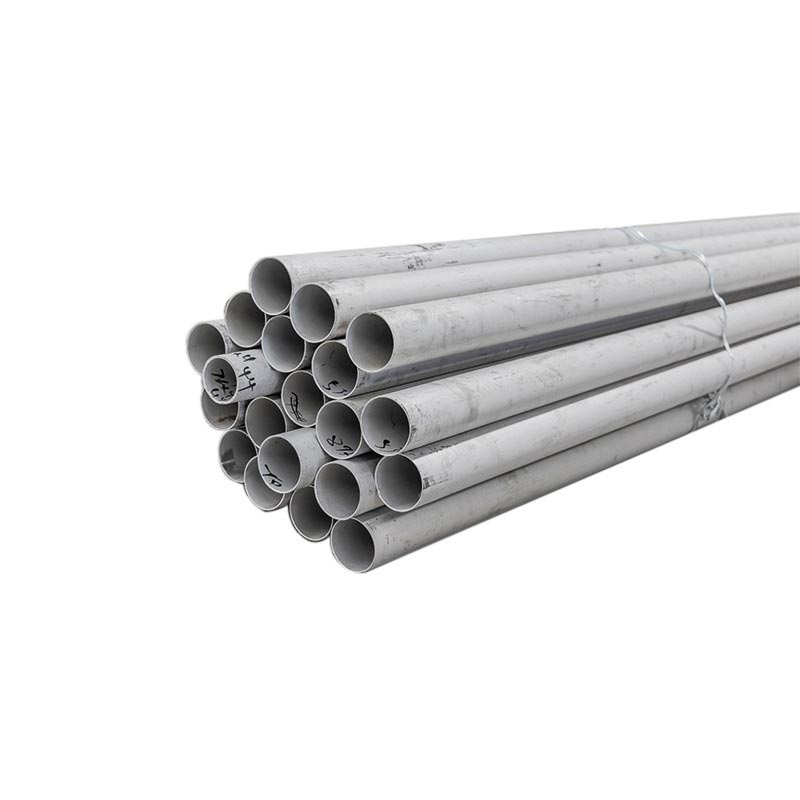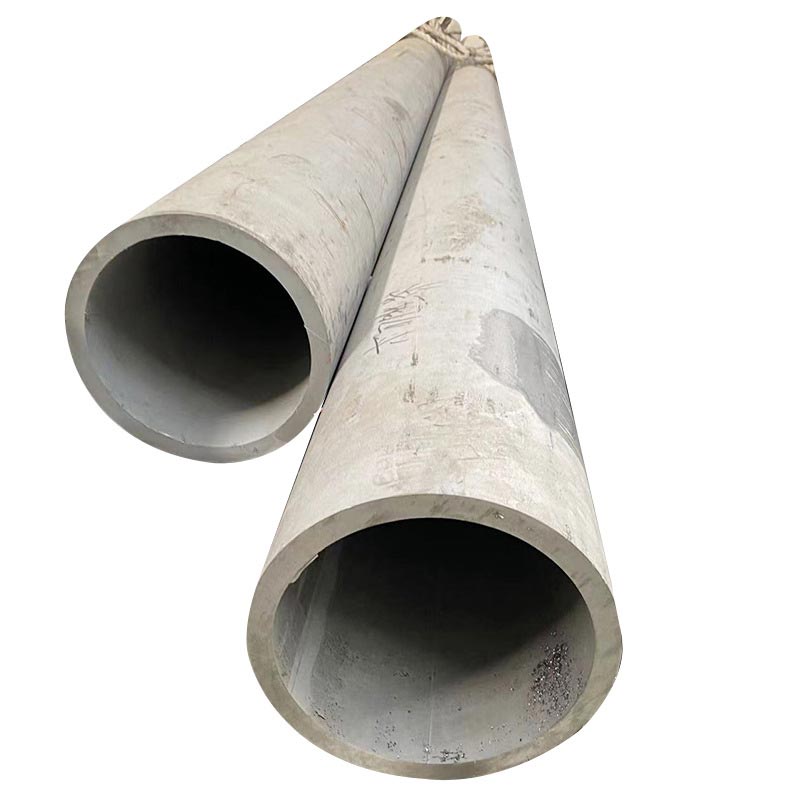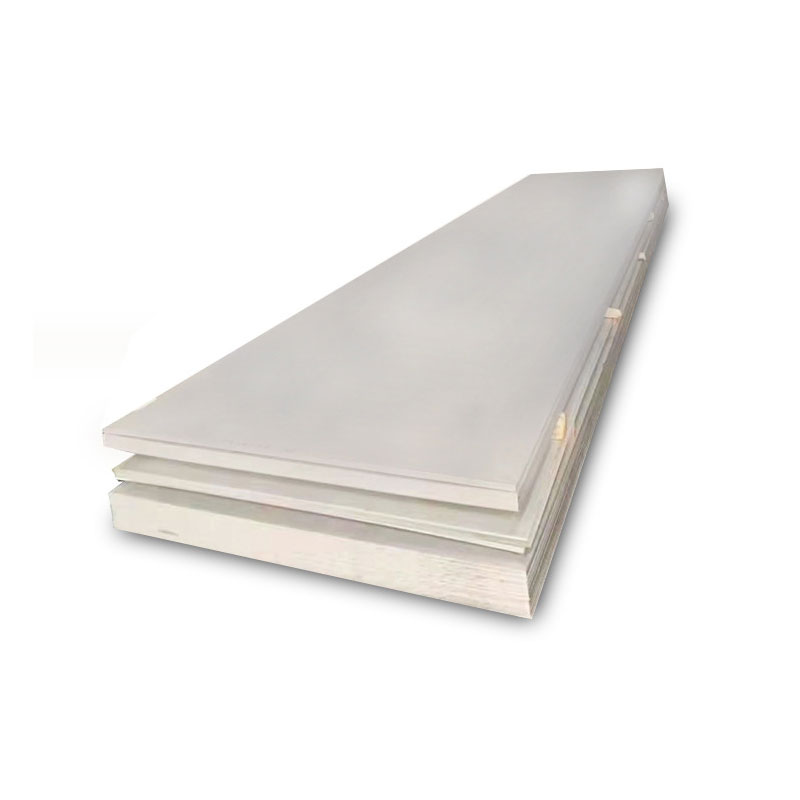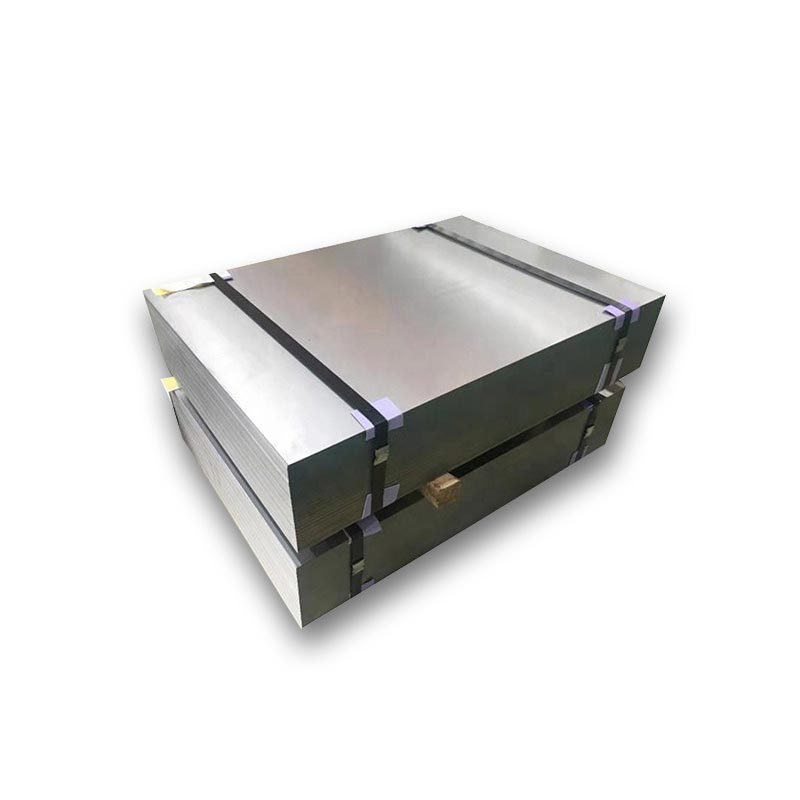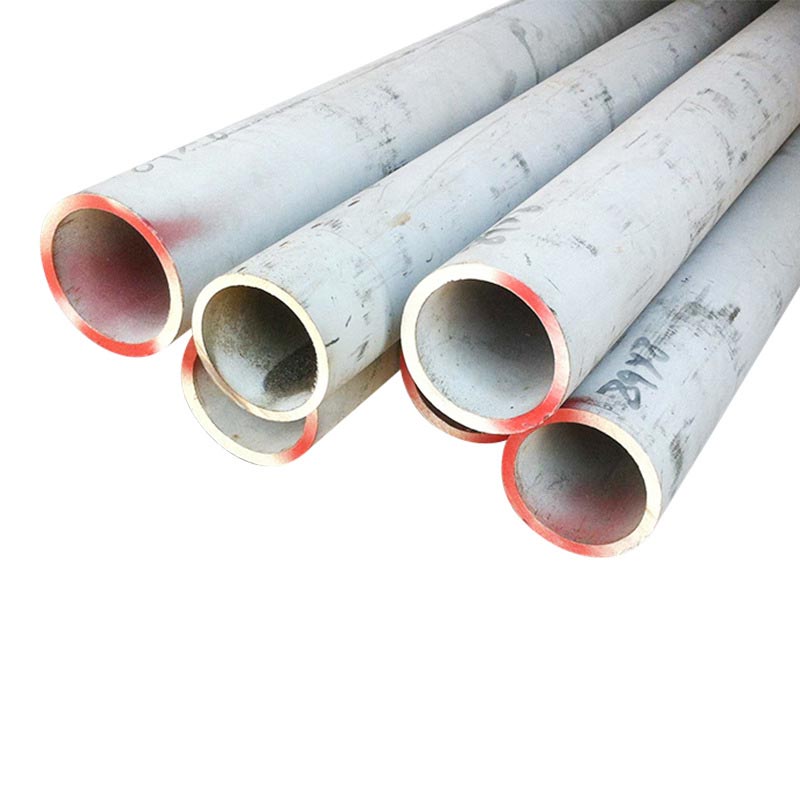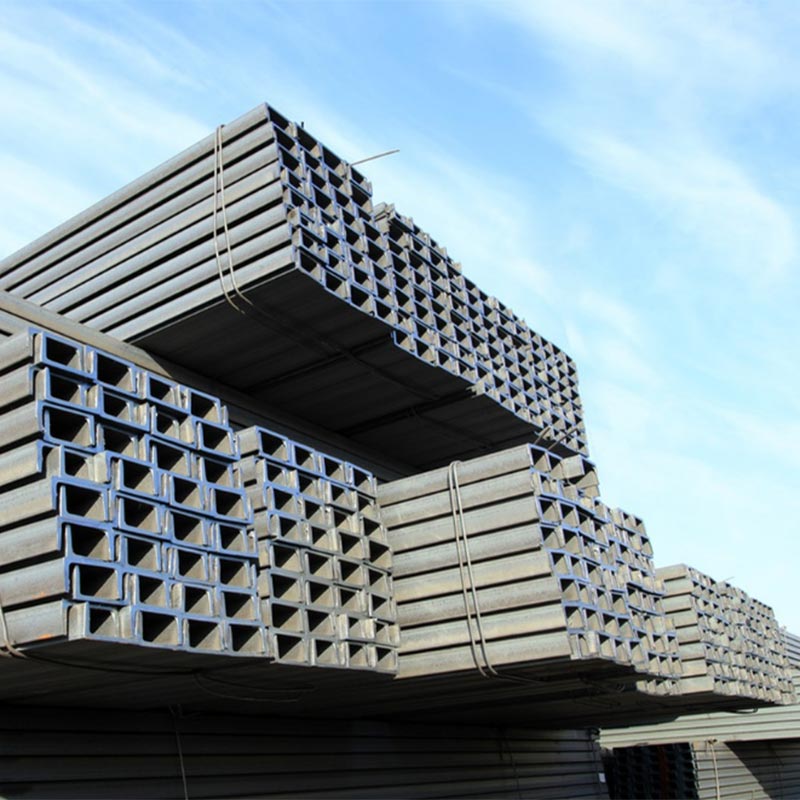How to Choose the Stainless Steel Tube for Your Industrial Needs?
Stainless steel tubes are widely used in industries ranging from construction, automotive, oil & gas, food processing, and medical equipment to marine engineering. The reason behind their extensive usage lies in their durability, corrosion resistance, and aesthetic appeal. However, with countless options available, choosing the right stainless steel tube requires understanding its grades, applications, and performance characteristics.
What Is a Stainless Steel Tube?
A stainless steel tube is a hollow cylindrical structure made of stainless steel alloys containing at least 10.5% chromium. This chromium content creates a thin protective oxide layer on the tube’s surface, making it highly resistant to rust and corrosion. Depending on the industrial requirement, stainless steel tubes come in multiple types, sizes, and finishes.
Types of Stainless Steel Tubes
Stainless steel tubes can be broadly categorized based on manufacturing methods and application areas:
-
Seamless Stainless Steel Tubes – Produced without welding, offering higher strength and uniformity, ideal for high-pressure and high-temperature applications.
-
Welded Stainless Steel Tubes – Manufactured by welding steel plates or strips, commonly used for general industrial purposes and cost-effective projects.
-
Round Stainless Steel Tubes – Used in structural and fluid transport applications.
-
Square and Rectangular Stainless Steel Tubes – Preferred in architectural projects, furniture, and automotive frames.
-
Precision Stainless Steel Tubes – Designed for industries requiring high accuracy, such as medical, instrumentation, and electronics.
Why Stainless Steel Tubes Are Preferred
-
Corrosion Resistance: Stainless steel tubes withstand exposure to moisture, chemicals, and extreme conditions.
-
Strength and Durability: Suitable for both low-stress and high-stress environments.
-
Heat Resistance: Performs well in both extremely cold and hot environments.
-
Hygienic Properties: Ideal for food, beverage, and pharmaceutical applications due to their smooth, non-reactive surface.
-
Sustainability: Stainless steel is 100% recyclable, reducing environmental impact.
How to Select the Right Stainless Steel Tube
Choosing the correct stainless steel tube requires considering several factors such as material grade, dimensions, finish, and industrial standards. The wrong selection can lead to system failure, maintenance costs, and safety hazards.
Stainless Steel Grades and Their Applications
The grade determines the chemical composition and mechanical properties of the tube. Below is a reference table outlining the most commonly used stainless steel grades and their applications:
| Grade | Composition Highlights | Corrosion Resistance | Applications |
|---|---|---|---|
| 304 | 18% Cr, 8% Ni | Excellent | Food processing, architecture, kitchen equipment |
| 316 | 16% Cr, 10% Ni, 2% Mo | Superior (marine-grade) | Marine, chemical, and pharmaceutical industries |
| 310 | 25% Cr, 20% Ni | High-temperature | Furnaces, heat exchangers |
| 321 | 18% Cr, 10% Ni, Ti stabilized | High corrosion resistance | Aerospace, exhaust manifolds |
| 904L | High Ni, Mo, and Cu | Exceptional | Offshore, petrochemical, and acid processing |
Key Specifications to Evaluate
When selecting stainless steel tubes, consider the following technical specifications:
-
Outer Diameter (OD): Ranges from 6 mm to 219 mm depending on the application.
-
Wall Thickness: Can vary between 0.5 mm and 50 mm, influencing pressure resistance.
-
Length: Available in standard sizes (6m, 12m) or custom-cut.
-
Surface Finish: Options include polished, brushed, matte, and mirror finishes.
-
Tolerances and Standards: Ensure compliance with international standards like ASTM, ASME, DIN, EN, and JIS.
Matching Tube Properties to Applications
-
For food and beverage processing, opt for 304 or 316 stainless steel tubes due to their hygienic properties.
-
In marine environments, 316 and 904L provide superior resistance against saltwater corrosion.
-
For high-pressure oil and gas pipelines, seamless stainless steel tubes are preferred.
-
Medical instruments require precision tubes made of 316L for biocompatibility.
Technical Performance, Applications, and FAQs
Understanding the mechanical and chemical properties of stainless steel tubes ensures their optimal use in challenging environments.
Mechanical Properties
| Property | Typical Range |
|---|---|
| Tensile Strength | 520–750 MPa |
| Yield Strength | 210–310 MPa |
| Elongation | 35–60% |
| Hardness (HB) | 150–210 |
| Thermal Conductivity | ~15 W/m·K |
Common Industrial Applications
-
Oil & Gas: High-pressure pipelines, offshore drilling, and refinery equipment.
-
Automotive: Exhaust systems, chassis components, and safety frames.
-
Construction: Structural frameworks, railings, and decorative elements.
-
Medical & Pharmaceutical: Surgical tools, cannulas, and laboratory equipment.
-
Food & Beverage: Dairy processing lines, brewing systems, and beverage dispensing.
Stainless Steel Tube FAQs
Q1: How do I choose between seamless and welded stainless steel tubes?
A1: Choose seamless tubes when your application involves high pressure, extreme temperatures, or requires uninterrupted structural integrity. Opt for welded tubes when cost efficiency is more critical, and the application involves low-to-moderate pressure environments.
Q2: What maintenance is required for stainless steel tubes?
A2: While stainless steel tubes are corrosion-resistant, regular cleaning is essential to prevent surface contamination. Use mild detergents or specialized stainless steel cleaners and avoid harsh chemicals. In marine or industrial environments, applying passivation treatments can extend service life.
Why Choose Jianbanghaoda Stainless Steel Tubes
When it comes to selecting high-performance stainless steel tubes, Jianbanghaoda stands out for its commitment to quality, customization, and global compliance.
Our Manufacturing Strength
-
Advanced production lines with CNC precision machining.
-
Certified to international standards including ASTM, ASME, EN, and JIS.
-
Strict quality control ensures defect-free, durable products.
Custom Solutions
We offer a wide range of standard and custom stainless steel tubes, tailored to meet the unique demands of industries such as oil & gas, medical, construction, and marine engineering.
Global Supply and Support
With years of expertise and a solid reputation, Jianbanghaoda supplies stainless steel tubes to clients worldwide, ensuring on-time delivery and technical consultation for all projects.
Whether you need precision tubes for medical devices or heavy-duty pipelines for petrochemical plants, Jianbanghaoda delivers reliable, high-performance stainless steel solutions.
Ready to find the perfect stainless steel tube for your project?
Contact Jianbanghaoda today for expert guidance, detailed product specifications, and competitive quotations.
- Some Simple Analyses on the Material Characteristics of Stainless Steel
- Why Does Tinplate Steel Win Real-World Packaging Projects Today?
- Surface Quality Inspection Methods and Precautions for 304 Stainless Steel Sheet
- What is the Manufacturing Process of Stainless Steel Tube?
- Welding Quality Measures for 304 Stainless Steel Seamless Tubes
- Bright Annealing Conditions for 304 Stainless Steel Tube


